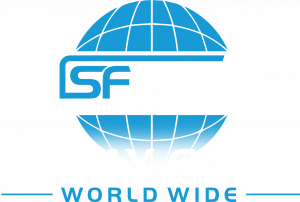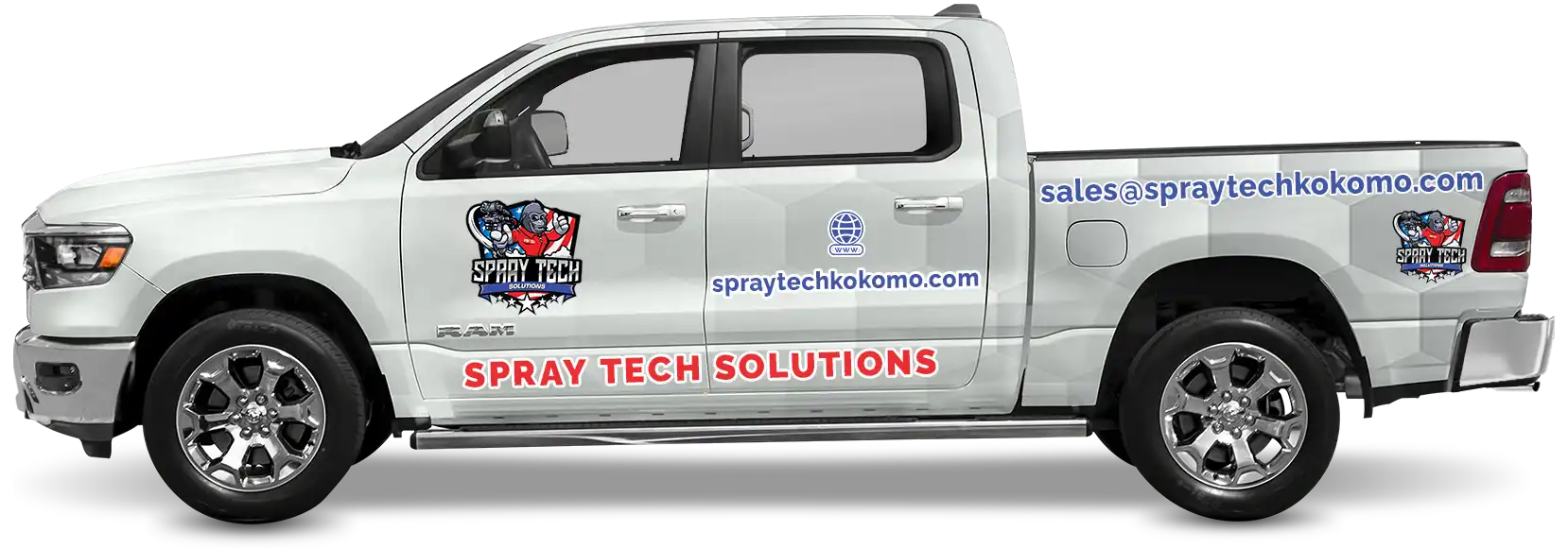Transform your space with superior insulation solutions. Spray Tech Solutions delivers comfort and energy efficiency to Kokomo homes and businesses. Experience the power of cutting-edge spray foam technology, expertly applied to create a seamless thermal envelope that keeps you comfortable year-round while reducing energy costs.



More than just an insulation company, we're your partners in creating energy-efficient, comfortable spaces.
Years of expertise as spray foam insulation contractors have established Spray Tech Solutions as Kokomo's go-to team for top-tier insulation services. Our commitment to quality, innovation, and customer satisfaction sets the standard in the industry.

Loading map...